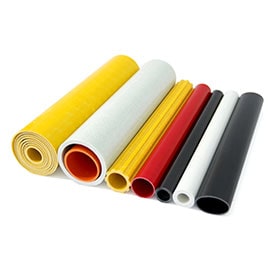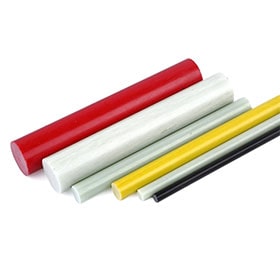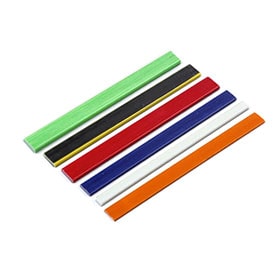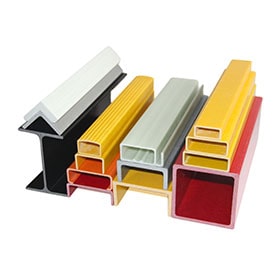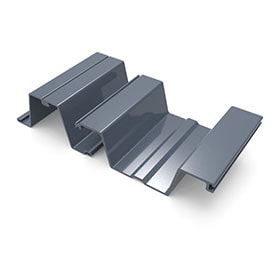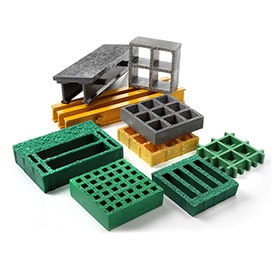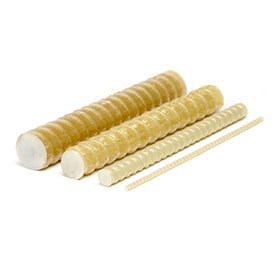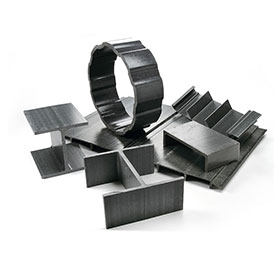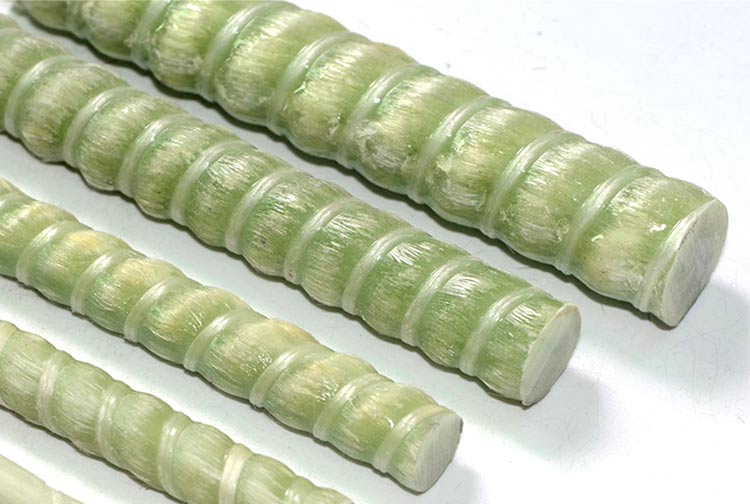
glass fiber reinforced polymer rebar
Introduction
In the realm of construction, the choice of reinforcing materials plays a pivotal role in ensuring the long-term durability and integrity of structures. While steel rebar has been the industry standard for decades, it is susceptible to corrosion, especially in harsh environments. This is where glass fiber reinforced polymer (GFRP) rebar emerges as a superior alternative.
Understanding Corrosion and Its Impact
Corrosion is a natural process that deteriorates materials over time, often leading to structural failure. When steel rebar comes into contact with moisture, oxygen, and certain chemicals, it undergoes electrochemical reactions that result in rust formation. This process weakens the rebar, compromising the overall strength of the concrete structure.
The Advantages of GFRP Rebar
GFRP rebar offers a range of benefits that make it an ideal choice for corrosion-prone environments:
Superior Corrosion Resistance: Unlike steel, GFRP rebar is non-metallic and does not corrode when exposed to moisture, chemicals, or salts. This makes it exceptionally well-suited for marine applications, chemical plants, and infrastructure projects in coastal regions.
Lightweight: GFRP rebar is significantly lighter than steel rebar, reducing the overall weight of the structure and simplifying handling and installation.
High Strength-to-Weight Ratio: Despite being lightweight, GFRP rebar offers excellent tensile strength, making it comparable to or even exceeding the strength of steel rebar in many applications.
Non-Conductive: GFRP rebar is electrically non-conductive, making it suitable for environments where electrical interference or grounding issues are a concern.
Dimensional Stability: GFRP rebar is highly resistant to thermal expansion and contraction, reducing the risk of cracking in concrete structures.
Long-Term Performance: GFRP rebar has a long service life and requires minimal maintenance, reducing overall lifecycle costs.
Environmentally Friendly: The manufacturing process of GFRP rebar is less energy-intensive than that of steel rebar, and the material itself is non-toxic and recyclable.
Applications of GFRP Rebar
GFRP rebar finds extensive use in various applications, including:
Marine Structures: Piers, docks, bridges, and offshore platforms
Chemical Plants: Tanks, pipelines, and containment structures
Infrastructure: Bridges, parking garages, and wastewater treatment plants
Residential and Commercial Buildings: Foundations, slabs, and walls Pool and Spa Construction
Case Studies
To illustrate the effectiveness of GFRP rebar, let's consider a few case studies:
Coastal Bridge: A bridge in a coastal region was experiencing rapid deterioration due to corrosion of steel rebar. By replacing the steel rebar with GFRP rebar, the bridge's lifespan was significantly extended, and maintenance costs were reduced.
Chemical Plant: A chemical plant required a new storage tank that could withstand exposure to corrosive chemicals. GFRP rebar was used to reinforce the concrete tank, providing superior corrosion resistance and ensuring the long-term integrity of the structure.
Conclusion
GFRP rebar has emerged as a game-changer in the construction industry, offering a durable and cost-effective solution for projects in corrosive environments. Its superior corrosion resistance, lightweight properties, and long-term performance make it an ideal choice for a wide range of applications. By understanding the benefits of GFRP rebar, engineers and contractors can make informed decisions and select the most suitable materials for their projects.
 +86 15303735673
+86 15303735673 Jessica@frpzs.com
Jessica@frpzs.com
 Technical Data
Technical Data


